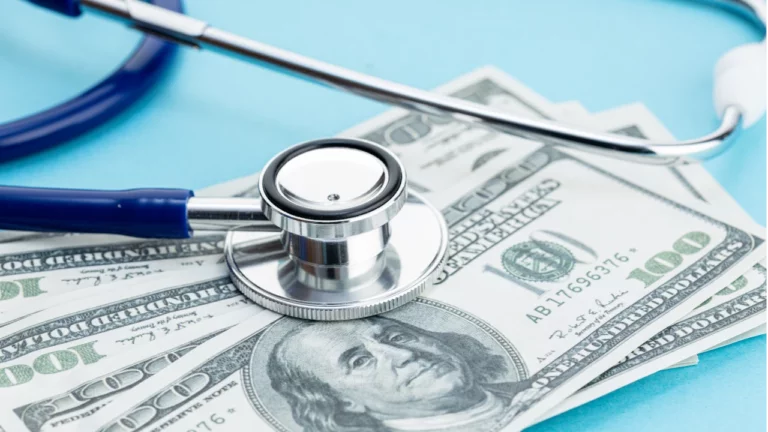During the first wave of the pandemic, hospitals in the US and in many parts of the world allocated most of their resources and manpower to treat COVID-19 patients. Furthermore, due to fear of cross-infection, physicians and non-coronavirus patients deferred what they considered as “non-urgent” visits, diagnostics, treatment evaluations, surgeries and therapeutics.
This resulted in a dramatic decline of hospital visits concerning acute and chronic disease management. The increasing number of postponements and cancellations cause high admission and readmission rates, and longer lengths of stay.
While it is important to practice social distance and self-isolation at home, it is also important for people with chronic disease to return to doctor for regular checkups and health monitoring in order to keep their conditions in check.
Here are some conditions we should not ignore:
1. Diabetes
Untreated diabetes can potentially lead to other complications like heart disease, stroke, kidney problem or nerve damage as it can affect almost every part of your body. Continuous monitoring is vital in order for the care provider to help you control your blood pressure, glucose and cholesterol levels, and maintain a healthy lifestyle. It might be difficult to visit a doctor personally due to COVID-19, but remote patient monitoring (RPM) devices like glucose meter allows patient to perform self-monitoring of blood glucose (SMBG) and seek medical advice from a physician.
2. Hypertension and heart disease
Known as the “silent killer”, hypertension can lead to heart attack stroke, vision loss and kidney failure. Continuous patient monitoring and regular doctor intervention can help reduce blood pressure and improve lifestyle. Remote patient monitoring (RPM) devices like blood pressure monitor and smart watch which detects heart rate can be lifesaving as they alert anomalies related to heart attack or other complications.
3. Respiratory conditions and lung diseases
If left untreated or undiagnosed, respiratory disorders like asthma, COPD and other lung disease can worsen and lead to more dangerous complications like pneumonia and respiratory failure. Patients need to proactively work with doctor to manage these conditions. Remote patient monitoring (RPM) device like pulse oximeter detects blood oxygen level and shows whether your heart and lungs supply enough to meet your body’s needs.
4. Cancer
For many types of cancer, treatment postponements lead to worse outcomes. Routine exams, labs, and screenings can help detect cancer early, before symptoms show, and before the disease has a chance to spread.
5. Depression and anxiety
This is one of the most ignored chronic mental diseases. These conditions can have serious behavioral and physical consequences such as addiction, self-harm and suicide. Mental problems can also make you prone to heart disease, stroke, diabetes, Alzheimer’s disease and osteoporosis.
We all need to be pro-active and vigilant about our health. Delaying preventive care or ignoring symptoms can end up harming your life later.
Continuous Real-time Remote Patient Monitoring (RPM)
Health systems are finding ways to incorporate modern continuous patient monitoring technologies that enable physicians and nurses to track patient vitals such as heart rate, respiratory rate, glucose level, and even movement in real time— illustrating a bigger picture of patient health.
Continuous real-time RPM allows health care providers to track vital signs and remotely connect to their patients anytime and anywhere.
With RPM technology, patients are now empowered to pay close attention to their conditions even at the comfort of their homes. Thus, reducing the risks and dangers of untreated, undiagnosed and ignored chronic diseases.








